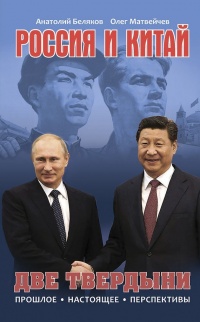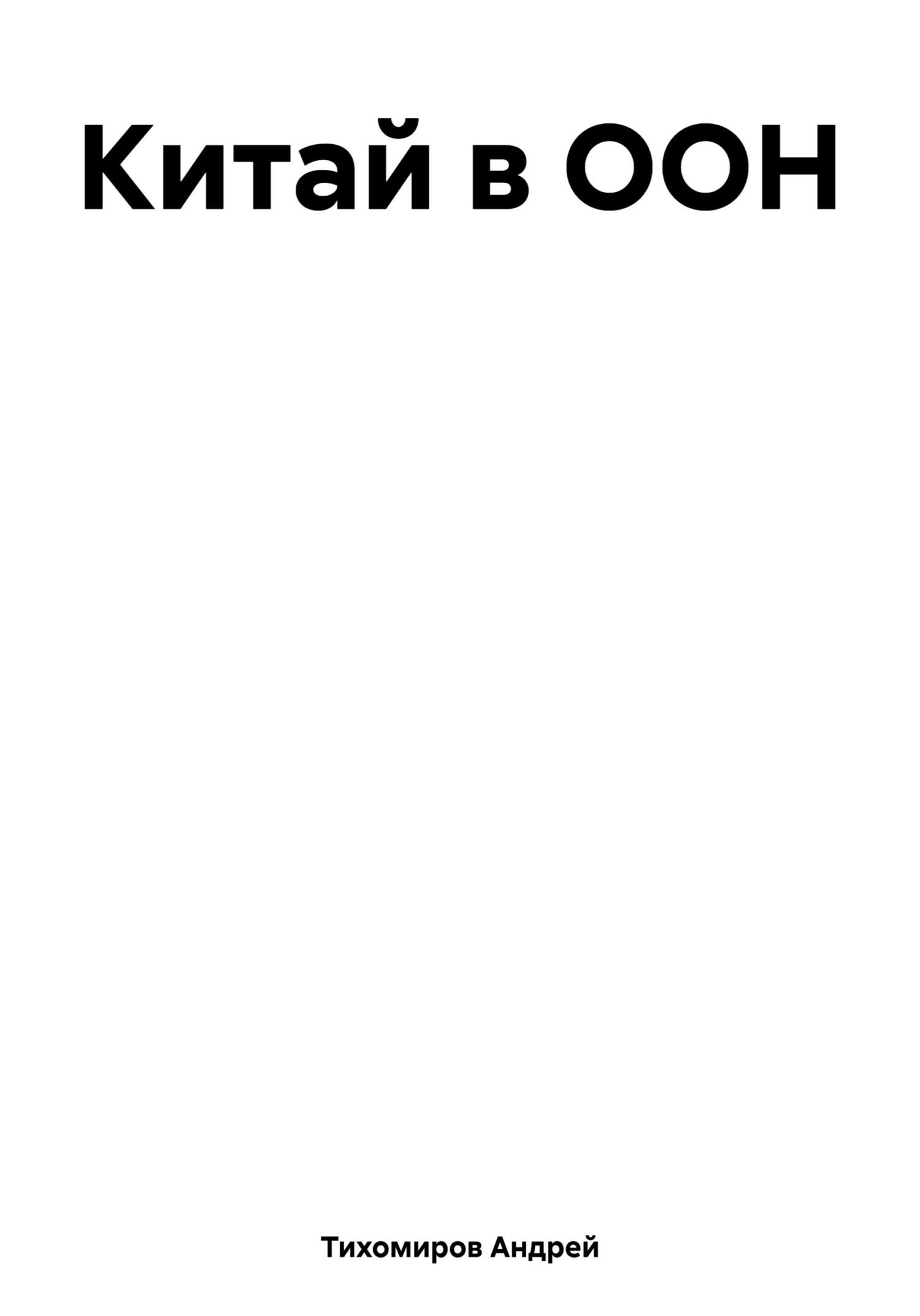Книга Обречены воевать - Грэхам Аллисон
На нашем литературном портале можно бесплатно читать книгу Обречены воевать - Грэхам Аллисон полная версия. Жанр: Политика / Разная литература. Онлайн библиотека дает возможность прочитать весь текст произведения на мобильном телефоне или десктопе даже без регистрации и СМС подтверждения на нашем сайте онлайн книг knizki.com.
Шрифт:
-
+
Интервал:
-
+
Закладка:
Сделать
Перейти на страницу:
Перейти на страницу:
Внимание!
Сайт сохраняет куки вашего браузера. Вы сможете в любой момент сделать закладку и продолжить прочтение книги «Обречены воевать - Грэхам Аллисон», после закрытия браузера.
Комментарии и отзывы (0) к книге "Обречены воевать - Грэхам Аллисон"
























